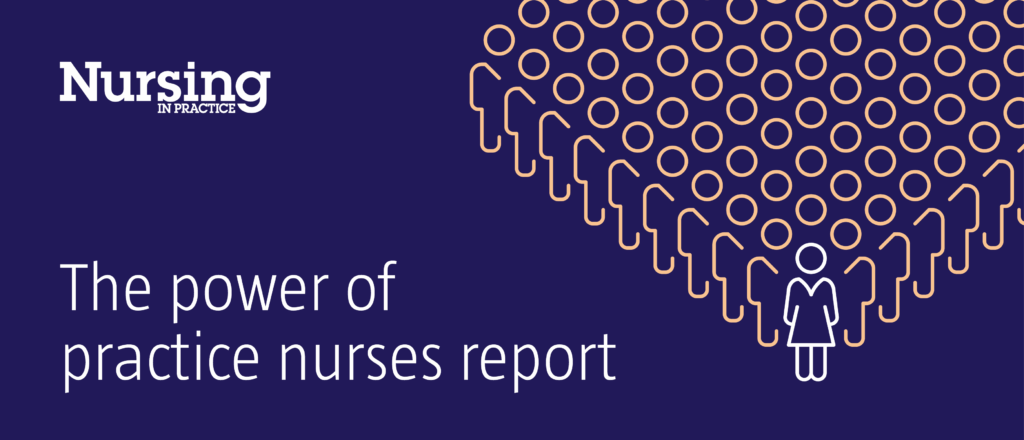Cogora launches report highlighting the power of practice nurses
General practice nurses are influencers, prescribing authorities and pivotal decision-makers in clinical care, a unique report from Cogora reveals.

The Power of Practice Nurses explores the value of general practice nurses (GPNs) within primary care as their remit evolves within the changing NHS landscape.
It highlights how their central role in prescribing and the purchasing of medicines as well as their strong relationship with patients makes GPNs a high-value audience for industry.
Based on an exclusive survey of more than 600 members of the Nursing in Practice audience as well as feedback from its trusted readers, the report reveals how GPNs position themselves as influential and clinically vital figures within the NHS; 49% prescribe medicines, 70% are conducting regular reviews across a range of different clinical areas and nearly half are changing medications or dosages when needed.
Furthermore 41% directly influence the ordering and purchasing of medicines and monitoring equipment for asthma and COPD and 35% do the same within diabetes, while 48% lead cost-saving prescribing initiatives.
Their influence expands across a range of clinical areas including diabetes, COPD and asthma, contraception, women’s health, wound care and the delivery of vaccinations.
The report, which is led by a foreword written by executive director of the Royal College of Nursing, England, Patricia Marquis, also highlights how GPNs are often operational leaders and play a much bigger role within the running of the GP practice than they’re given credit for.
A GPN and prescriber quoted in the report describes nurses as the “real jewel of any practice” as they take on a huge amount of responsibility by coordinating the delivery of care, training staff, ensuring compliance, and managing nursing teams.
They lead initiatives around clinical policy, quality improvement, and clinical audits and are instrumental in helping practices meeting Quality and Outcomes Framework (QOF) – clinical objectives that directly affect practice funding and performance metrics.
GPNs’ longevity within the practice also means they develop deep, trusting relationships with patients – essential when introducing or modifying medications.
As GP, associate trainer and medical writer Dr Keith Hopcroft writes in the report: “All this valued skill and input brings with it influence. The nursing voice is highly significant within the practice.
“When one of our nurses suggests a change to wound dressing regimes, the purchase of a FeNO machine to improve asthma diagnosis, or a revamp of our cardiac failure protocol to incorporate the latest evidence, we listen. And act.”
The report, written by Cogora’s director of content Gemma Collins is part of Nursing in Practice’s How Nurses Count campaign which aims to aims to highlight the true value of GPNs by demonstrating their leadership, innovation and influence.
Download the report in full here, and for more information on how to reach our audience of practice nurses, please contact us today.